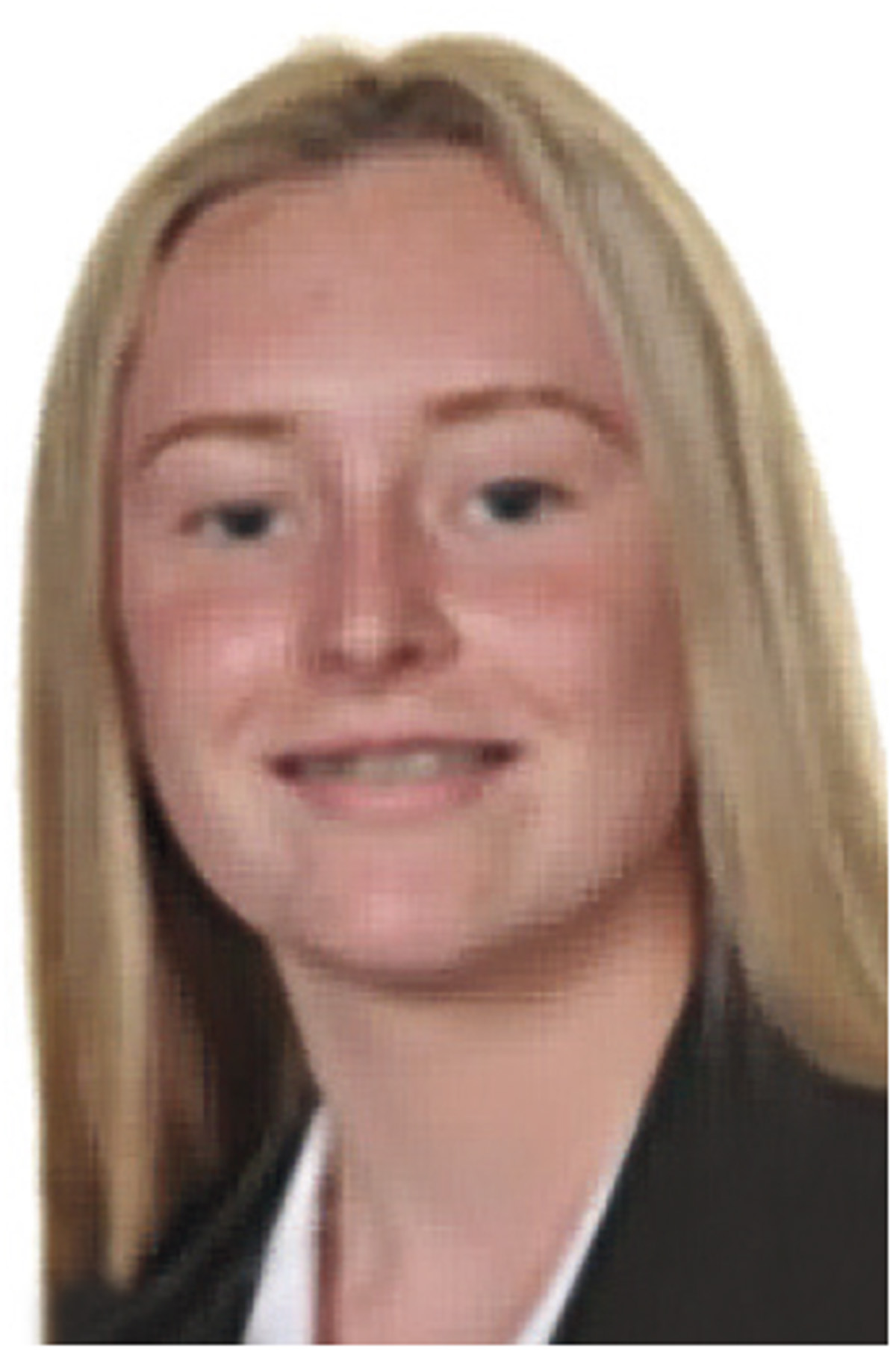
Ratios
Early years settings must meet specific requirements for the ratio of qualified adults to children. Level 2 or 3 practitioners must hold a “full and relevant” qualification endorsed by the Department for Education. The government is currently consulting on changes that would increase the number of children a practitioner can look after, which it says would encourage more people to become childminders and reduce childcare costs.
Childminders
The government also wants to increase the number of childminders by allowing them to work from a greater range of locations, reducing inspections and slimming down the statutory framework they must follow. The EYA called the measures “retrograde steps”.
Childminders must show knowledge and understanding of the early years curriculum and framework. Some local authorities fund pre-registration training such as the Level 3 Award in Preparing to Work in Home-based Childcare.
Level 2 and 3
Staff with endorsed Level 2 qualifications are known as “early years practitioners”. A new Early Years Practitioner Level 2 Apprenticeship launched in March 2020. Staff with DfE-endorsed Level 3 qualifications gain Early Years Educator (EYE) status. A Level 3 EYE Apprenticeship launched in April 2019.
EYE qualifications are currently being reviewed by education charity NCFE, which is looking at issues including the requirement for Level 3 staff to hold GCSE or equivalent English and Maths qualifications and the number of placement hours required.
The first cohort of Education and Childcare T-Level students (see box) will gain the new Level 3 qualification this summer. The government plans to eventually replace all funded Level 3 EYE courses with the T-Level and the apprenticeship.
Leadership
A Level 5 Early Years Lead Practitioner Apprenticeship launched in August 2021. It aims to offer a way of progressing a career in early years through practice leadership.
The fully-funded 18-month National Professional Qualification for Early Years Leadership, aimed at managers or aspiring managers of nurseries, or childminders with leadership responsibilities, opened for applications in June 2022.
Early Years Teacher Status
The number of students enrolling on Early Years Initial Teacher Training courses fell by 18 per cent in 2021/22 compared with 2019/20 with 477 new entrants, although the government points out the training year was affected by the pandemic. There are three routes into Early Years Teacher Status (EYTS): undergraduate, graduate employment-based and graduate entry. EYTS is considered the equivalent of Qualified Teacher Status but does not bring equivalent pay and early years teachers cannot lead nursery or reception classes in maintained primary schools.
Degree-level
There are around 320 early years degrees in England. Not all qualify a graduate to be counted as a Level 3 practitioner. The Early Childhood Studies Degrees Network’s Early Childhood Graduate Practitioner competencies can be “bolted on” to a degree and ensure minimum standards such as 80 placement days.
CPD
The government’s £153m Early Years Education Recovery Programme includes the development of 18 stronger practice hubs to support settings with evidence-based practice, and a mentoring programme to roll out in September 2022. The National Children’s Bureau has been appointed as the stronger practice hubs programme delivery partner and the programme will start in November 2022. The government also wants to increase the number of practitioners with a Level 3 special educational needs co-ordinator (Senco) qualification by 5,000 over two years.
In 2021/22, the government extended its early years professional development programme to about 2,000 more early years practitioners and teachers. The programme includes online training focused on personal, social and emotional development, developed by the Anna Freud Centre.
Sector bodies such as the Professional Association for Childcare and Early Years, the National Day Nurseries Association and the EYA deliver online and face-to-face CPD on a wide range of issues and topics.
PLAY
Ofsted-registered out-of-school clubs and holiday play schemes are not required to employ staff with childcare or playwork qualifications but a number of qualifications are available from bodies including NCFE and City & Guilds.
Level 2 and 3 qualifications developed by Play Wales currently have only limited availability in England but can be undertaken via Adult Learning Wales.
The Playwork Trailblazer Group, a group of play employers, worked with Training Qualifications UK to develop the TQUK Level 2 Diploma for the Playwork Practitioner, which launched in October 2021. The qualification will sit alongside a Level 2 apprenticeship for playworkers, which is still in development.
Leeds Beckett University offers a BA (Hons) in Childhood Development and Playwork. The University of Gloucestershire’s Playwork Partnerships courses can be delivered by the university or local providers registered as associate trainers.
TAKING A T-LEVEL
 Mia Saxby, 18, is one of the first young people in the country to complete an Education and Childcare T Level. Mia, from St Thomas More Catholic School in Tyne and Wear, says the course has improved her confidence, especially the time spent on placements.
Mia Saxby, 18, is one of the first young people in the country to complete an Education and Childcare T Level. Mia, from St Thomas More Catholic School in Tyne and Wear, says the course has improved her confidence, especially the time spent on placements.
“I’d also say that I now have better time-management skills, as I have to plan for observations, plan activities and have to do certain jobs when I’m on placement,” she says. “I’d recommend taking a T-Level – the courses are for people who learn by a balance of a hands-on approach as well as exams.”
Gaining the equivalent of three A-Levels from one course is a positive for those with a career in childcare in mind, she says. “It can put you leaps and bounds ahead of other candidates.” In September, Mia plans to go to Northumbria University to study primary education.
Read more in CYP Now's Children’s Workforce Guide to Qualifications and Training

